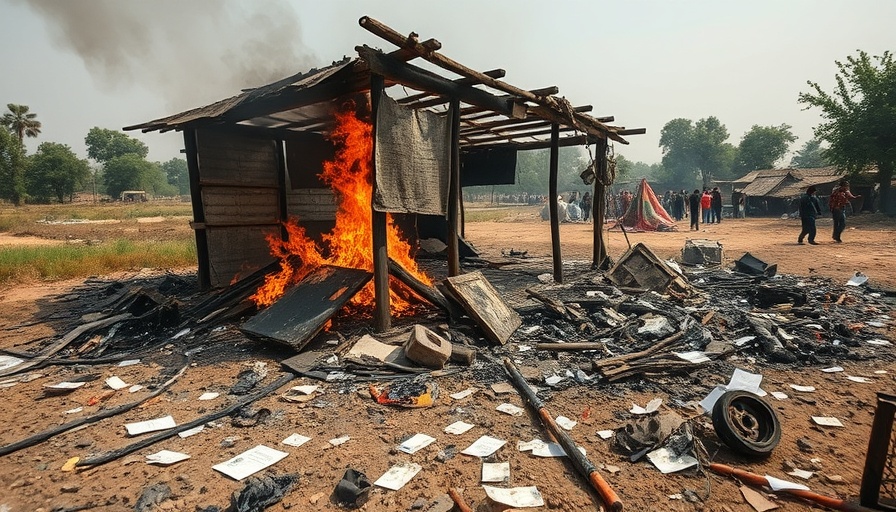
Unraveling the Crisis: A Snapshot of the Saba Saba Protests in Kenya
The recent Saba Saba protests in Kenya turned deadly, leaving at least ten confirmed dead and numerous others injured as young demonstrators clashed with the police. These protests, commemorating Saba Saba Day—a day historically linked to the nation’s fight for democratic reforms—demonstrate a growing discontent with governmental accountability amidst rising economic pressures and police brutality.
Government Response: Excessive Force and Accountability
According to the Kenya National Commission on Human Rights (KNCHR), the violent clashes were marked by accusations against law enforcement for the use of excessive force. Videos surfaced showing police in unmarked vehicles openly firing on unarmed protesters—a clear breach of a High Court directive prohibiting such actions. The commission reported that, as of the protest day, police had acted outside the law, prompting calls for accountability in what appears to be a breakdown of civil order.
Political Ramifications: Leadership Under Scrutiny
The protests are taking place against a backdrop of political volatility, with Interior Cabinet Secretary Kipchumba Murkomen facing backlash for allegedly inciting violence through a video in which he ordered police to use lethal force against protesters. Critics argue that this rhetoric exacerbates tensions and signals a troubling precedent in Kenya's governance, which seems increasingly detached from the principles of human rights.
Growing Discontent: Voices From the Streets
Witnessing these violent confrontations is critical for understanding the broader socio-economic issues prevailing in Kenya today. The call for economic justice echoes through the protests, as young people express frustration over rising living costs and the perceived ineffectiveness of their leaders. This unrest arises not in isolation but amidst a series of protests against policies deemed harmful, highlighting the urgency for comprehensive reforms.
Regional Implications: The Future of Kenyan Stability
This climate of unrest poses significant implications for both domestic and foreign sectors. Political instability can deter investment, hinder economic growth, and strain Kenya's relationships on the global stage, affecting trade and diplomatic relations within the region. How Kenya chooses to address these challenges will resonate well beyond its borders, influencing the perception of governance and human rights across Africa.
In conclusion, as Kenya faces these critical junctures, the international community must remain engaged. Understanding the nuances of this crisis will provide crucial insights into Africa's evolving political landscape.
 Add Row
Add Row  Add
Add 


Write A Comment